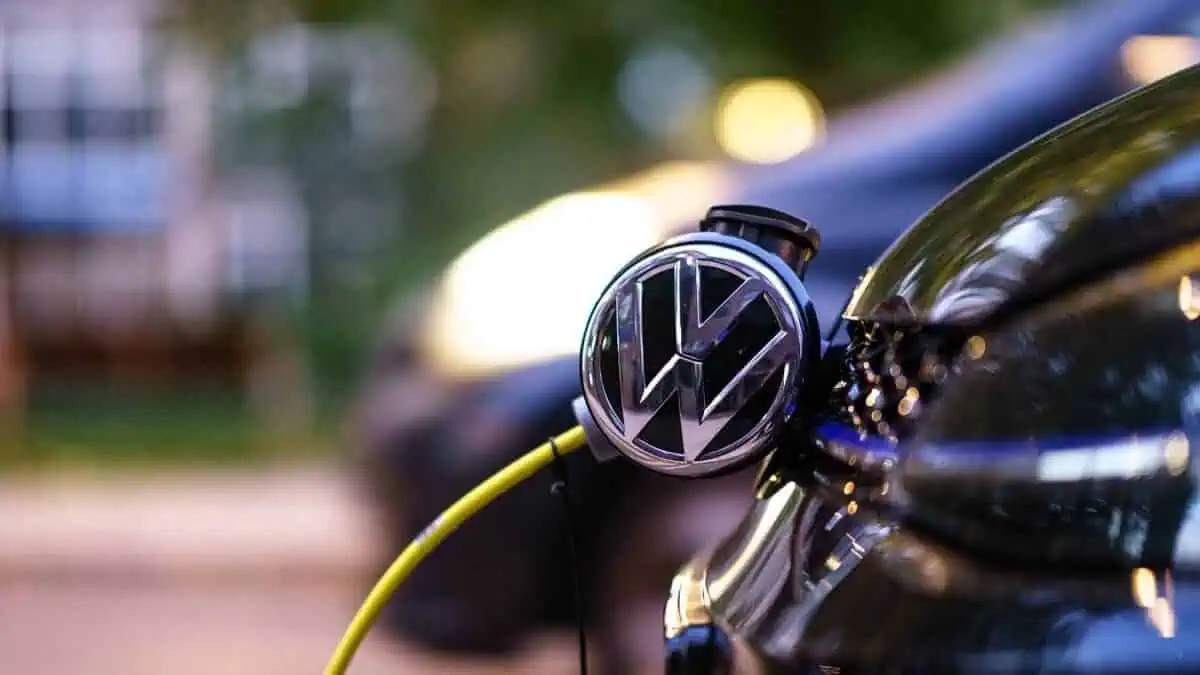Uruguay has taken its next stage in Energy Transition, and it is the expansion of Electric Vehicles.
With Uruguay’s commitment to becoming carbon neutral by 2050, they wanted to tackle transport as their “second energy transformation”. The government focuses on the introduction of green hydrogen for long-distance heavy transport and the promotion of electric mobility. Their first stage of transition was the country’s generation of its electricity from renewable energy.
Uruguay’s Minister of Industry, Energy and Mining (MIEM) Omar Paganini told Diálogo Chino that having a functioning green hydrogen energy pilot in the country by 2025 – which will also be the end of his government’s term – would be considered satisfactory progress. In terms of electric mobility, he expects a wide range of options and manufacturers will be available for public and private transport fleets, and at reasonable costs, in the same timeframe.
The government will be more committed to switching to greener methods. They are targeting public transport first. As for private transport, Paganini said, “We can move forward by eliminating the tax burden, but not much more,” However, private companies and individuals can install chargers and sell charging time.
Not only will there be EVs, since motorbikes are important transportation for the country, the country’s National Energy Directorate has also released the “Subite” plan, which translates to “Get Onboard”, and will be encouraging the use of electric motorbikes. They will promote the purchase of 1,000 E-motorbikes and 100 Electric Tricycles in 5 departments in the Northern part of the country.
Electricity demand created by electric transport has doubled since 2018, according to information by UTE, Uruguay’s government-owned power company. In 2020, public transport contributed the most to energy consumption at 98% used, private users at 10% used, and state fleets at 3%.
UTE is working on an extension of the electric charger network for both public and private vehicles— aiming to have a charging station every 50 kilometres. Currently, there are 136 charging ports nationwide, with the highest number in its capital, Montevideo.





